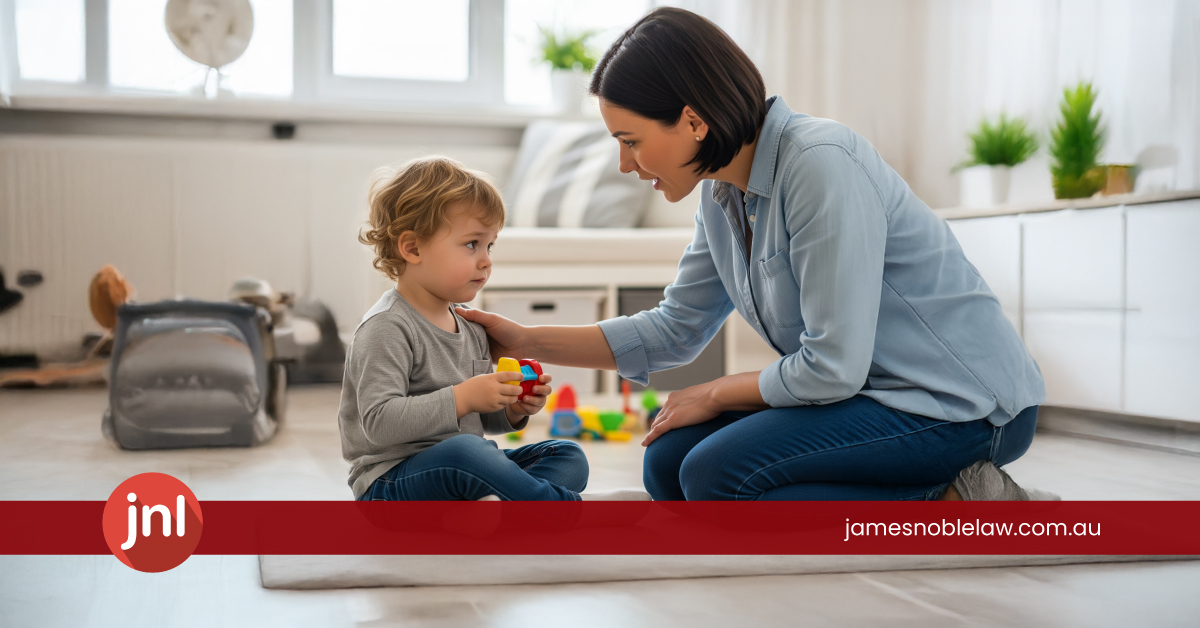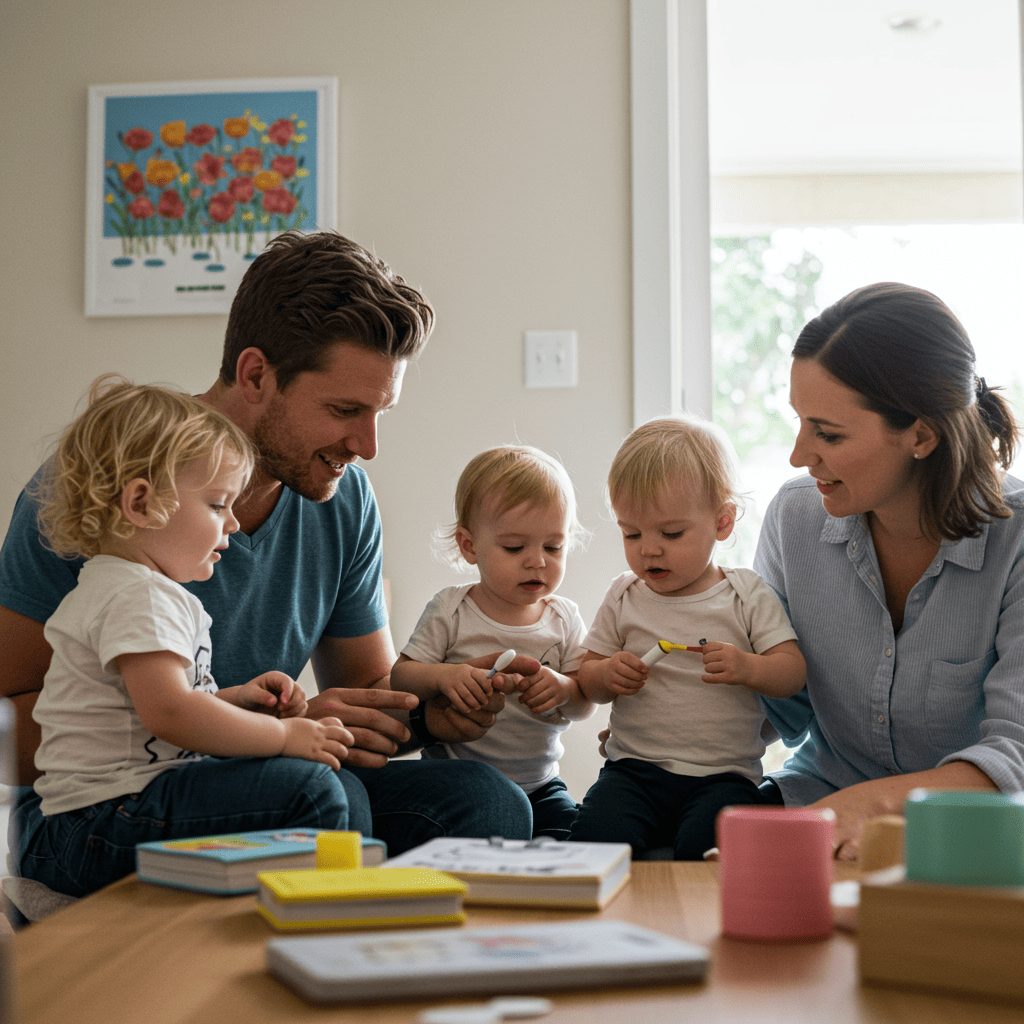
When parents separate, the impact on young children can be significant – particularly for toddlers who are still developing strong emotional bonds and a sense of stability. Creating effective parenting arrangements for a child as young as two years old requires careful consideration of their emotional, psychological, and developmental needs. At the heart of this process is the need to prioritise the child’s welfare and ensure that parental communication remains respectful, constructive, and child-focused.
Understanding the Needs of a Young Child

At two years of age, a child like “Alex” is highly dependent on routine, consistency, and the primary bond with their main caregiver. Research and developmental psychology suggest that toddlers experience high levels of anxiety when separated from their primary attachment figure for extended periods. This is particularly important when considering the introduction of shared care or equal time arrangements.
While it is essential for both parents to build and maintain a strong relationship with their child, experts agree that this must be done in a way that supports the child’s emotional security. A gradual build-up of time with the non-primary carer (often the father) can ease the child into a broader caregiving arrangement and help foster a sense of trust and stability.
The Importance of Communication Between Parents
Equal parenting arrangements are more likely to succeed when both parties can communicate effectively, openly, and respectfully. Unfortunately, in many cases – including that of Alex’s parents – communication between ex-partners is strained. While they may manage civil discussions on topics like pick-ups and drop-offs, conversations around financial matters or parenting responsibilities can quickly become confrontational.
In such scenarios, it becomes clear that without a strong foundation of co-parenting communication, equal shared parenting is unlikely to be endorsed by the Court. The Family Law Act emphasises that parenting arrangements must be in the best interests of the child—this includes ensuring the child is not exposed to conflict or emotional stress caused by parental disputes.
A Gradual Approach to Parenting Time
A progressive parenting plan is often the most appropriate solution for toddlers. This allows the child to gradually spend more time with the other parent, increasing bonding opportunities without overwhelming them. For example, shorter visits initially can progress to longer daytime stays, and eventually overnight stays as the child gets older and more emotionally prepared.
By the time the child reaches school age, many are better equipped to handle a more balanced parenting schedule, including equal time arrangements – provided the environment between parents remains stable and supportive.
Building Co-Parenting Skills
It is highly recommended that parents in high-conflict situations consider engaging in a parenting program, such as the Triple P – Positive Parenting Program. These programs offer valuable tools for managing behaviour, improving communication, and reducing conflict in parenting relationships. They also help both parties understand the importance of shared responsibilities and mutual respect in raising a child.
In Alex’s situation, our client has reported that discussions around financial responsibilities often lead to emotional shutdowns or conflict with the other parent. Attending a parenting program could significantly assist in reducing tension and encouraging a more child-focused dialogue.
Final Thoughts on Parenting arrangements for young children
Courts and parenting professionals alike agree: the welfare of the child must always come first. Equal shared parenting is not suitable in every case, especially when communication between parents is poor or the child is too young to adapt without stress. In such situations, a gradual transition to more balanced care, supported by cooperative communication and parenting education, is in the child’s best interests.
At the end of the day, successful co-parenting requires both parents to set aside personal differences and focus on what matters most – the well-being, safety, and emotional development of their child.
Need Guidance on Parenting Arrangements?
Parenting arrangements for a young child following separation can be complex and emotionally challenging. At James Noble Law, our experienced Brisbane family lawyers are here to help you navigate these sensitive matters with care and clarity.
Whether you’re developing a new parenting plan, managing communication challenges, or working through a gradual transition schedule for your toddler, we offer trusted legal guidance tailored to your family’s needs.
If you also need assistance with property settlement or any other family law matter, contact our team to arrange a free, no-obligation consultation today.
Let our qualified and experienced family lawyers in Brisbane support you in achieving the best possible outcome for you and your child.
Find Brisbane family lawyers on Google Maps Near you now.
You may like to know more information about the
- Mother withholding child from father Australia.
- Parental Responsibilities and Legislation.
- How To Avoid Problems Drafting A Will?
- Learn about will kit Australia post?
- Are you planning for Wills and estate?
- Learn about prenuptial agreement Australia.
- Is A DIY Will Kit A Killer Choice?
- Learn about family court portal.
- Family law brisbane solicitors.
- How to prepare family reports?
- Learn about the family Law act 1975


